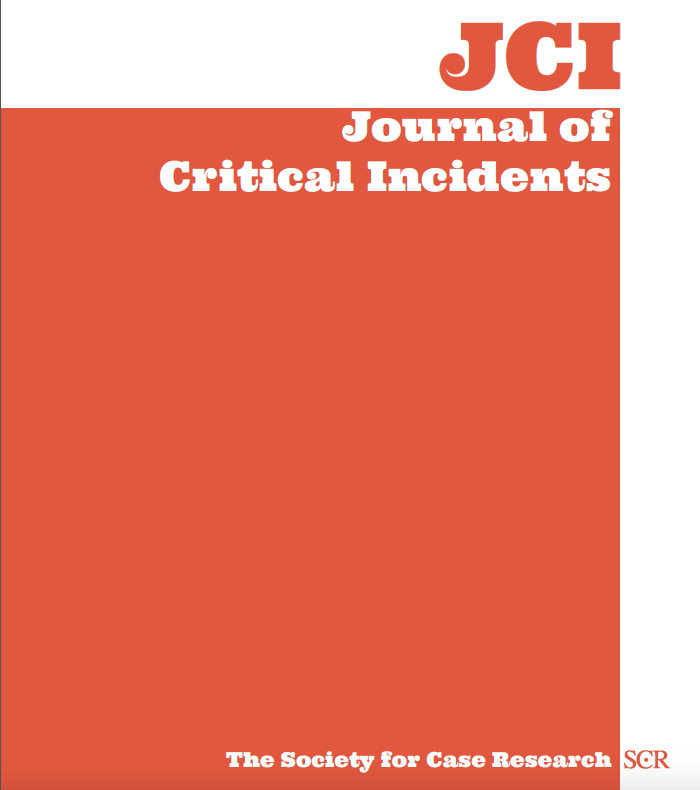From Peanuts to Prison: Applying Ethical Theories of Decision-making

Mary Wilkerson worked her way up to become quality assurance manager at a peanut processing plant owned by Peanut Corporation of America. The plant produced peanut products used by major manufacturers of consumer products. Under pressure from the company president and her supervisor, she was alleged to have engaged in deliberately falsifying product testing documents, approving contaminated product batches, and lying to federal investigators. The contaminated product batches led to serious illnesses and deaths and her untruthfulness delayed the recall of deadly products. She was convicted of obstruction of justice and sentenced to serve 60 months in prison. If you were an advisor to Mary during her time as a PCA employee, how could you have helped her to avoid her present situation? What specific actions would you have advised her to take in her role as manager? How would your advice have changed if you applied different ethical theories?
- Identify demands upon Mary as a manager arising from her environment.
- Evaluate Mary’s actions as a manager from multiple ethical perspectives.
- Evaluate the relevance of aspects of corporate social responsibility to decision-making in the case.
- Develop an alternative course of action for Mary to take given the circumstances of the case.
